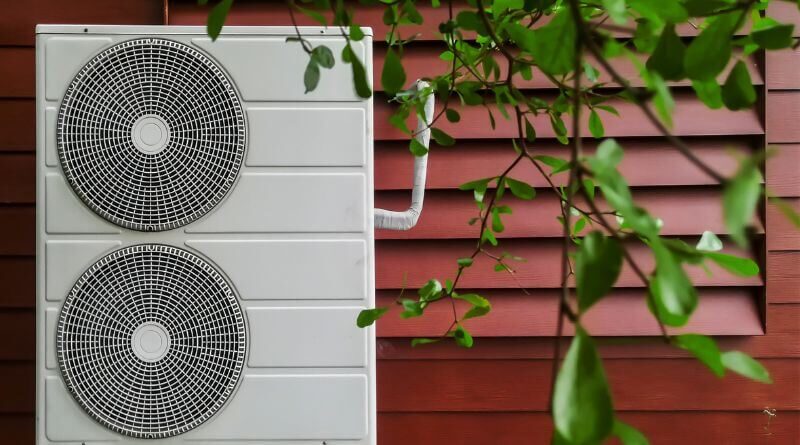Heat pumps and other ways of saving energy in winter
Facing rising prices in almost every sector we are forced to think about what we can all save on. In this article, we would like to show you how to handle winter without high energy bills without freezing, since heating accounts for about 85 percent of a household’s energy use. In addition to longer-term measures that are more financially demanding, in this article we will also present a few tips on how to reduce heating energy without any need to invest.
Heat pumps as a long-term investment
Some of the longer-term measures may be financially more expensive, but they are definitely worth it, thanks to the subsidies offered by the government. Energy-efficient homes include a timer, exterior blinds, façade insulation, triple glazing, modern condensing boilers, photovoltaics, or a heat pump. This kind of housing gets more and more popular throughout the world.
Heat pumps are more expensive than the aforementioned measures. Heat pump’s price is influenced by several factors. It is the type, the brand, the complexity of installation or the efficiency, with an indicative price ranging from 1 300 USD and reaching over 20 000 USD.
The return on this investment is determined by the energy consumption of the particular household. It can take about seven years but with subsidies the return can take a half less than that. Recently, as energy prices keep rising, the return on such investment is still accelerating.
In comparison to an electric boiler, a heat pump can save about 50-60% of the cost. Moreover, about 30% can be saved by comparing a heat pump to a gas boiler. The life of a heat pump is estimated to be up to 20 years.
Experts say that a heat pump is suitable for new houses and low-energy buildings as well as older, renovated and industrial ones. In older buildings, however, it is good to invest in insulation and window replacement in addition to a heat pump. Such solutions help to multiply the possible savings.
Non-financial measures
The recommended temperature of the living room is 20 degrees Celsius and in the bedroom it should not be more than 17 degrees Celsius. So, if we reduce the temperature by just one degree, we can reduce energy consumption by up to 6%. Heating should not be used when the house is empty or at night. Doctors even recommend sleeping in a cool room, as this has positive effects on sleep. Furniture and curtains should not be near the heater or cover it, as these may limit the heat input.
We can also save money with ventilation. It is recommended to ventilate with the window fully open for a few minutes instead of ventilating through the valve for longer. However, it is not a good idea to overdo it, since reheating requires more energy. The lower energy consumption will also ensure that the water temperature in the boiler is reduced, for example, to 50 to 60 degrees Celsius.

